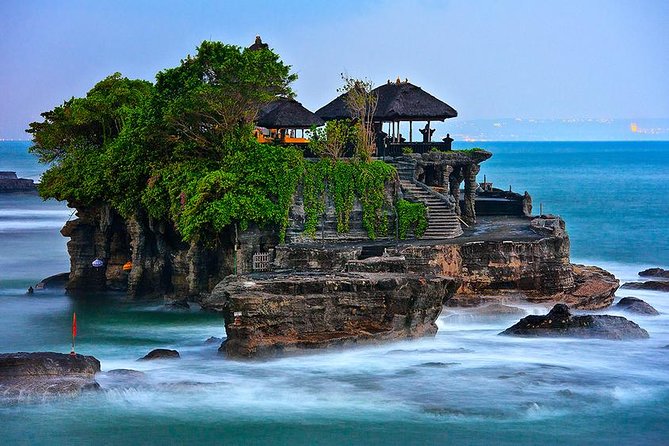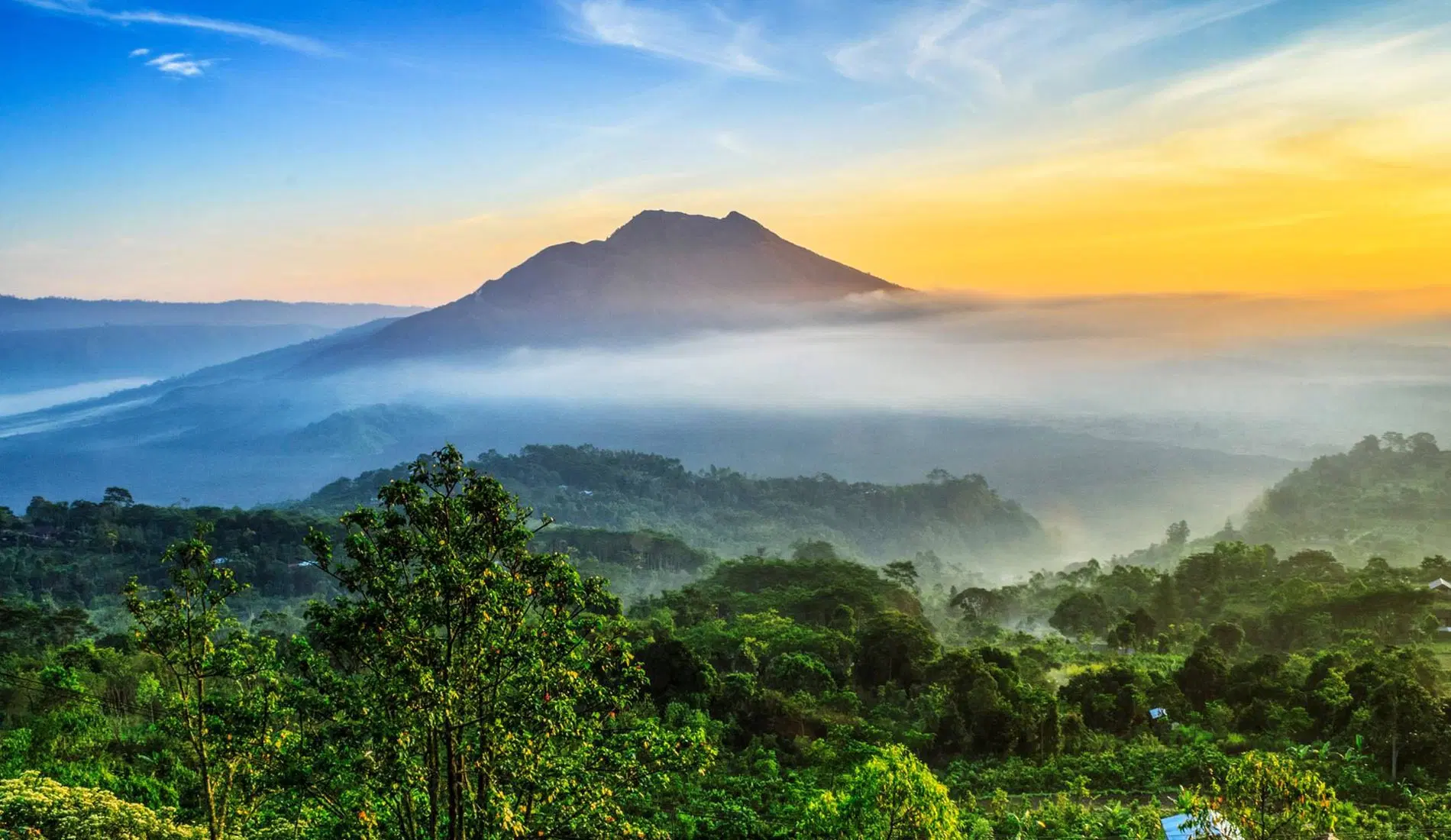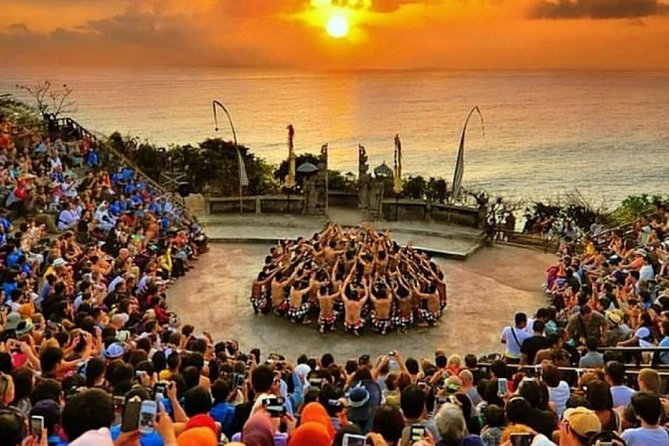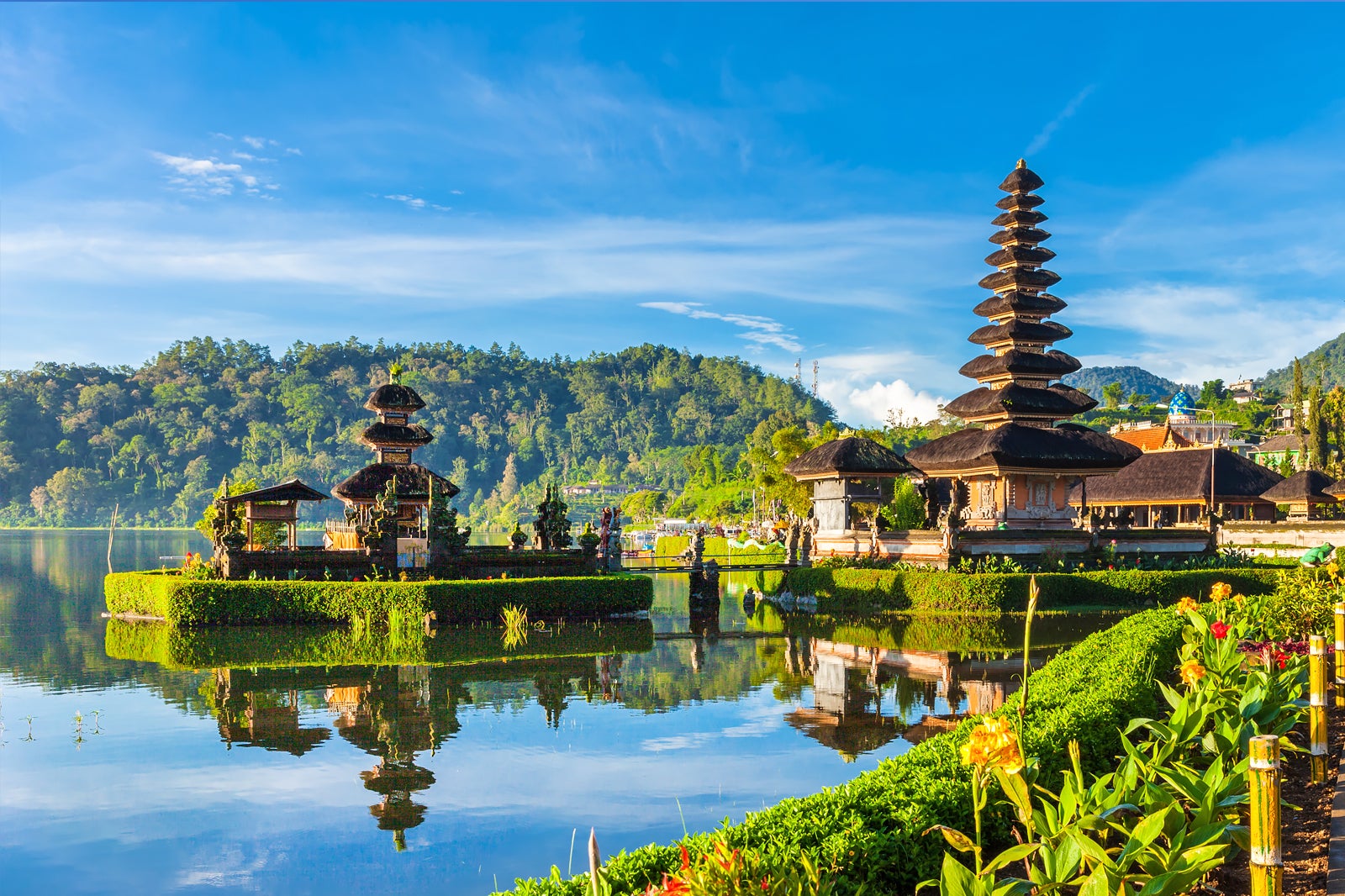from 0 review
6 Days
Daily Tour
20 people
Bahasa, Balinese, English
Bali, the “Island of the Gods,” is a tropical paradise in Indonesia known for its stunning beaches, lush rice terraces, and rich culture. Explore Ubud’s Monkey Forest, Tegalalang Rice Terraces, and sacred temples like Tanah Lot and Uluwatu. Adventure seekers can surf in Kuta, dive in Amed, or explore Nusa Penida’s breathtaking cliffs. Enjoy Balinese hospitality, indulge in spa retreats, and savor local cuisine. Bali’s vibrant nightlife in Seminyak and Canggu adds to its charm. Whether seeking adventure, relaxation, or cultural experiences, Bali offers a perfect escape with its natural beauty, spiritual essence, and warm tropical vibes.

On arrival at Airport, you will be met with our representative, then transfer to hotel. Upon arrival at hotel, check-in at hotel and relax for the day. In the evening, go to Tanah Lot Temple Tour. Enjoy the evening by spending time at the beach. Overnight stay at hotel.

After breakfast, go for full day tour to Kintamani & Ubud tour. The perfect introduction to Bali's fascinating culture and handicrafts, fascinating insight into Bali’s artistic heritage at Ubud, beautiful natural landscape, and the breathtaking view of an active volcano of Mount Batur and Lake Batur. Overnight will stay at hotel.

Have morning breakfast. A morning tour to the Benoa Water Sport center at Nusa Dua. Prepare yourself for some various activities which includes (One Round of Banana Boat & Jet Ski). After water sports activities, go for Spa treatment. Spa is a unique place for relaxation in Bali. Try the taste of natural traditional Balinese treatment in Bali. Afternoon is for Uluwatu Temple Tour. Men and boys sitting in concentric circles slide into trance as they chant and sing in lively counterpoint, the only music to accompany a dance re-enactment from the Hindu epic Ramayana. Eerie shadows cast by the light of torches and the totality the sound of this chorus of human voices – make for an evening not soon to be forgotten. Just the time of sunset, Kecak Dance is performed in the stage near the temple, with back drop of sun set behind of the ocean horizon. Enjoy the magnificent view of wide ocean in the south part of Bali from the high clift of Uluwatu. Return back to hotel. Overnight will stay at hotel.

After Breakfast, Morning transfer to Seminyak. Check-in at hotel. Relax in Pool Villa. In the night, Dinner will be waiting for you. Candle light dinner will be served on the beach. Enjoy this romantic night at the beach while having dinner. Overnight will stay at hotel.

After Breakfast, this day will be at leisure. Enjoy this day at pool villa. Overnight will stay at hotel.

This is the last day of your amazing Bali trip. After breakfast, checkout from hotel and take your flight to come back India with CHERISH Memories.